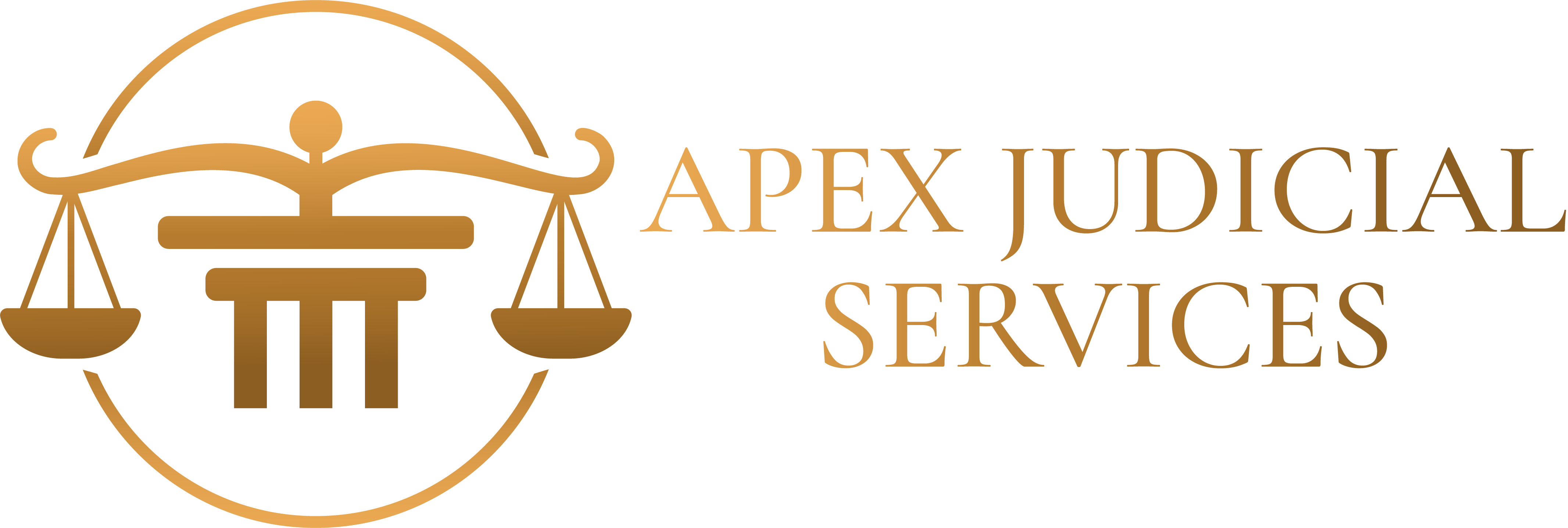Section 148A was introduced to bring transparency and procedural fairness into the “re-opening” of completed income-tax assessments under Section 147. It imposes a mandatory pre-assessment enquiry by the Assessing Officer (AO) before issuing a notice under Section 148. Here’s a concise blog-style update with recent changes and important cases (as of Oct 14, 2025).
What Section 148A requires?
- The AO must record “reasons to believe” that income has escaped assessment. Before issuing a reopening notice under Section 148, the AO is required to serve a notice under Section 148A(1) (or 148A(1A) where electronic records are involved) asking the taxpayer to furnish an explanation and documents.
- After receiving the taxpayer’s response (or after the period for response expires), the AO must decide whether to proceed. If the AO still believes reopening is warranted, a further show-cause notice under Section 148A(2)/(4) must be issued explaining reasons for reopening and giving another opportunity before issuing the 148 notice.
Recent legislative changes (2023–2025)
- The Finance Act 2021 originally inserted Section 148A to curb arbitrary reopening’s; since then, clarificatory amendments and instructions have refined its scope. Notably, electronic service provisions (148A(1A)) were expanded to validate issuance where digital records or third-party data are relied upon.
- In 2024–2025, the CBDT issued administrative instructions emphasizing strict adherence to timelines and requirement to record cogent reasons on the file before issuing notices. Circulars directed AOs to complete the 148A pre-inquiry within prescribed timeframes and to ensure reasoned orders under 148A(2)/(4).
Key judicial developments
- Supreme Court and High Courts have enforced the rigour of Section 148A: failure to comply with its mandatory pre-steps has increasingly led to quashing of reopening notices. Courts emphasize that mere verbatim reproduction of “reasons to believe” or reliance on routine data-matching without application of mind is insufficient.
- Landmark rulings through 2023–2025: several High Courts struck down reopening’s where the AO did not record meaningful reasons or ignored the taxpayer’s detailed explanation under 148A(1). The Supreme Court in recent decisions has reinforced that statutory timelines and opportunity to be heard are sacrosanct and any non-compliance is a jurisdictional infirmity.
- Case law also clarified that where fresh facts/evidence (including third-party data such as ITR analytics) form basis for reopening, AO must explain why those justify reopening despite previous assessments.
Practical takeaways for taxpayers
- Treat a 148A notice seriously and file a well-documented response within the stipulated time—provide pointed rebuttal, documentary proof, and legal submissions.
- If the AO issues a 148A(2)/(4) order without adequate reasons or after ignoring responses, consider filing a writ or appeal—courts have been receptive to quashing defective reassessment notices.
- Engage tax counsel early; timely, reasoned replies frequently avert reopening.
Conclusion Section 148A has strengthened procedural protections for taxpayers. Recent administrative guidance and judicial pronouncements (up to Oct 14, 2025) stress strict compliance with pre-assessment steps — non-compliance by the AO increasingly leads to quashing of reassessment notices. Taxpayers should respond promptly and substantively to 148A notices to protect their rights.

